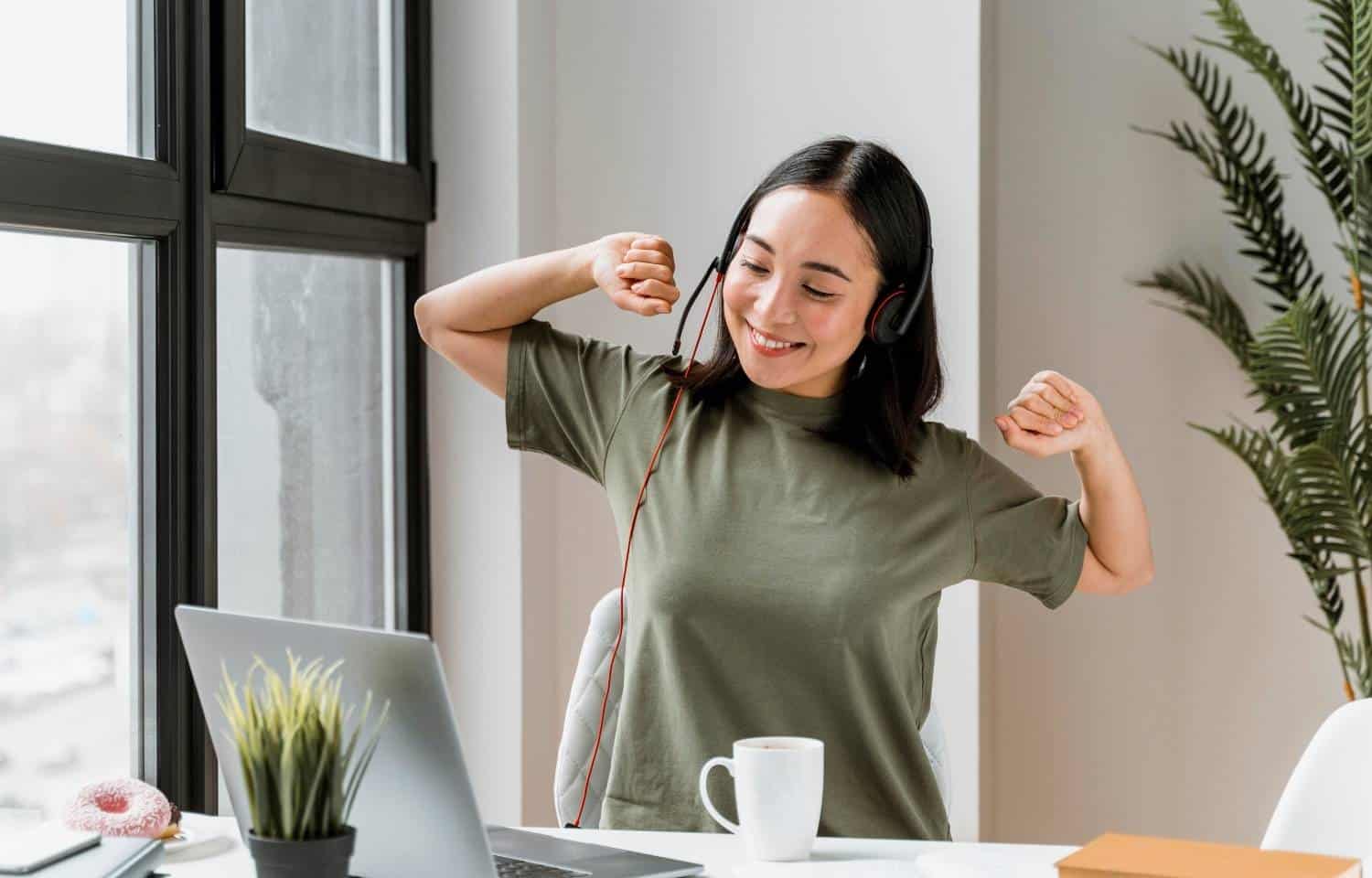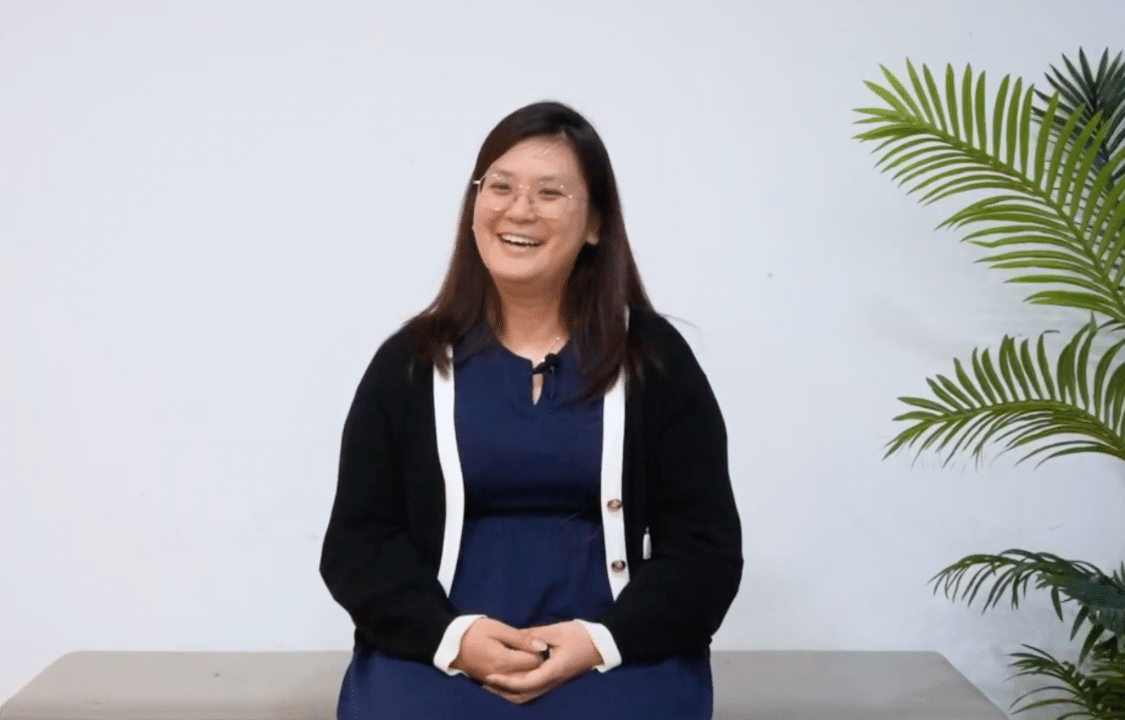Luciana shares with us the ways in which she has been able to apply her learnings throughout various aspects of her life, be it in a classroom, at home, or for herself. She highlights the importance of taking care of oneself in order to be able to help others and ourselves thrive.
Luciana Maria
MYP Science and IB Biology teacher – Singapore
Post Graduate Diploma in Positive Education Strategies, 2022
Q: How has learning Positive Education changed your life?
My first contact with Positive Education was in the school that I work in as a high school teacher. I fully subscribe to the main idea of Positive Education, which helps people to flourish and realize their full potential.
I was particularly interested in Angela Duckworth’s ideas in Grit: The power of passion and perseverance; Carol Dweck’s work on the growth mindset; and the PERMAH model of happiness from Martin Seligman. PERMAH stands for Positive emotions, Engagement, Relationships, Meaning, Accomplishment and Health. These concepts have helped me through some challenging personal moments.
In 2018, my family lost a loved one – my husband’s grandfather who used to live with us. I realised that to be able to help those who were around me at that moment, I needed to take care of my own well-being. So, even though it was a really difficult moment for me, as Grandpa was someone very special to us, it was a strong realisation for me that we can still grow as better human beings, and every experience well-lived could be a gift for someone.
In June 2019 I had a miscarriage and in May 2020, one of my best friends passed away. Each time, I was able to take out my ‘tool box’ and learn from my previous experiences, to recover from the periods of loss. Each person I lost made me reflect on how every small moment in the present is precious and the best legacy we can leave on Earth is love. I’ve understood that if we want to change the world for the better, we need grit – to be able to take it up as a challenge and persevere. We would also need a growth mindset, to always be ready to improve our skill sets. Finally, the PERMAH model is part of a wonderful checklist to ensure I’m taking care of all dimensions of my life.
As such, with the pandemic and the ensuing challenges to all aspects of life, I have decided to take up the course in Positive Psychology, and have enrolled in the post-graduate diploma in Positive Psychology at TSPP.
Q: How has it changed the way you work?
As a teacher, what we want for the students is for them to realise their full potential, through learning that is holistic and enlightened.
Through the concepts of Positive Education, the students are encouraged to learn, and to enjoy the experience of learning, celebrating each milestone they achieve.
I remember one student who was a high achiever, but was always unwell. During a parent-teacher meeting, I spoke to the student and his parents, pointing out that he is certainly able to achieve an A* in his IGCSE examination – just that he needed to take better care of his health in order to do so.
Following our conversation, the student heeded my advice and took care of himself. He scored well in the examinations, and I can still remember his joy in breaking the big news to me and we were able to celebrate it together.
The concepts of Positive Education have changed the way I prepare for my lessons. For instance, I think about how I can include the elements of the PERMAH model, or encourage a growth mindset in my students.
In my experience, the outcome is always positive. The students are enthusiastic in lessons, and engage in friendly and lively competition – a way of doing better each time.
There was a year when I was struggling with a particular class. A colleague I confided in suggested that I open up about myself with my students, in order to build a better relationship with them. This is also one of the components of the PERMAH model. And it was so true: Once, I started explaining gravity with a story of my daughter travelling to different planets, and my connection with my students improved.
Q: How has it influenced the way you interact with your family?
My daughter is five years old, and it has been gratifying to see that in spite of the pandemic and its restrictions on her childhood experience, as well as the personal challenges we’ve gone through, she is a happy, vivacious child.
During this period, I was also aware that we needed to cultivate positive emotions during our family time. So we spent more time on karaoke or board games at home. At the same time, we took up cycling as a family, in place of the road trips we liked to take before. We’ve cycled hundreds of kilometres together as a family, around the small island of Singapore – it has been a meaningful time spent together.
I also use the growth mindset in my daughter’s education, making sure to praise her efforts. As such, she is always excited to share with me what she is learning in school and what her progress is. We’ve also made it a point to develop the sense of gratitude in her – before bed, we discuss all the things that happened during the day, and what we are thankful for. I can see how calm and at peace she is after that moment.
Being a parent is not easy, and while we ensure a safe and warm home for the children, we also need to set the limits for them. When I need to be stricter with my daughter, I think about how it can help her in the future. This approach has helped me to explain difficult situations to her, and is also useful in the broader process of her education. This is linked with meaning on the PERMAH model.
One day, while playing the board game Monopoly, my daughter started crying and it was a moment for us to help her learn to deal with frustration. We tried to apply the thinking technique of boosting positive emotions. In this technique, when everything is bad, we ask ourselves, what is good about this situation? So we started sharing that this happened to all of us before, but we persevered, learnt new skills and in the following situations the outcome was better. Today, my daughter understands that, during play, no matter the outcome, she is always able to learn something new and she is always joyful about it.
Q: What value do you see in the TSPP education?
The TSPP education has given me more tools to help not only myself, but others around me, to be happier. The tools learnt are all based on research, and it has helped me to increase my own tool kit in turn. I’ve also gotten to know more people in the field of Positive Psychology, and the discussions are always inspiring. The course is very practical so all tools I’ve learnt are immediately applicable in my personal and professional life.
Q: Any advice for people unsure if pursuing further education is worth it?
Prepare yourself for an exciting journey.
Inspired to embark on your own transformation journey? Find out more about the Positive Education course that Luciana completed at The School of Positive Psychology!


